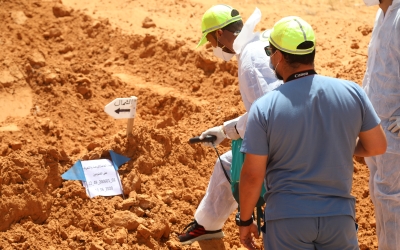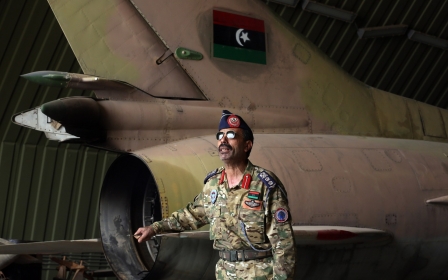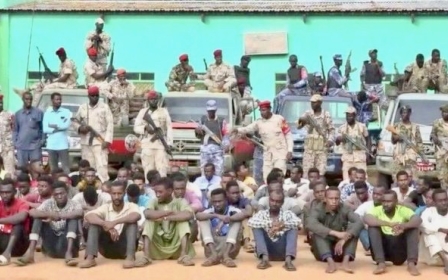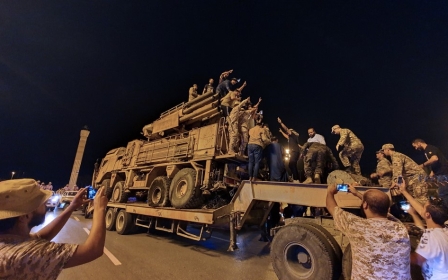Libya: Foreign interference at 'unprecedented levels', says UN chief
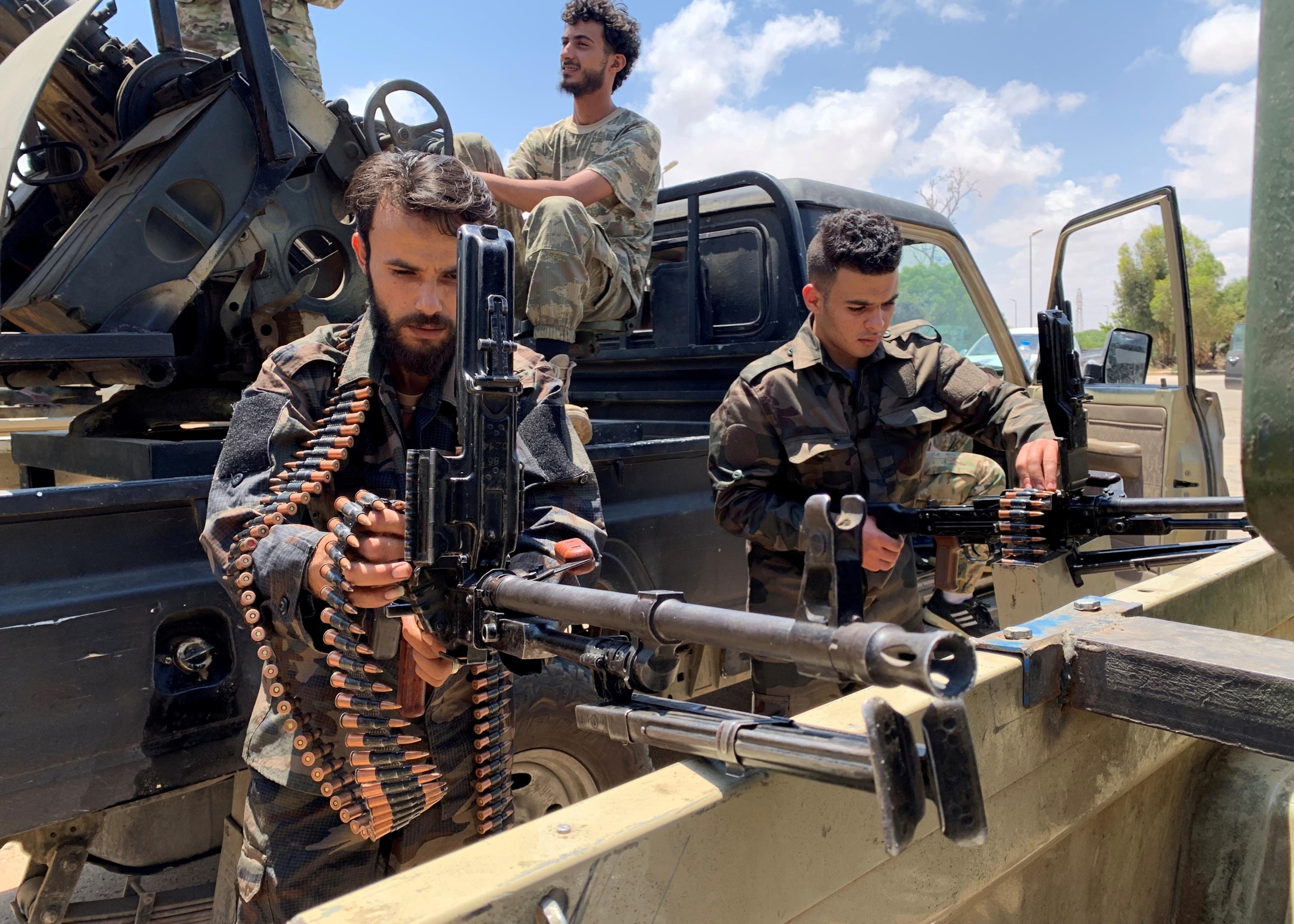
UN Secretary-General Antonio Guterres told the Security Council on Wednesday that the conflict in Libya had entered a new phase, "with foreign interference reaching unprecedented levels".
Libya has been wracked by conflict since 2015, with the country split between rival administrations in the east and west, each backed by armed groups supported by foreign governments.
The internationally recognised government, known as the GNA, is backed by Turkey, while military commander Khalifa Haftar, who controls much of the country's east, is supported by the United Arab Emirates (UAE), Egypt and Russia.
"The conflict has entered a new phase, with foreign interference reaching unprecedented levels, including in the delivery of sophisticated equipment and the number of mercenaries involved in the fighting," Guterres said on Wednesday.
United States Africa Command told Middle East Eye last month that the Russian private military contractor Wagner Group had deployed as many as 2,000 people in Libya.
Russia has repeatedly denied media reports that the Wagner Group, believed to be owned by Yevgeny Prigozhin, a businessman with close links to Russian President Vladimir Putin, is operating in Libya. Still, a recent UN report said the group had at least 800 military contractors on the ground, including snipers and specialised teams.
Guterres denounced the situation during a ministerial-level Security Council video conference, expressing particular concern about military forces massing around the city of Sirte, halfway between Tripoli in the west and Benghazi in the east.
Egypt has warned that any Turkish-backed effort to take Sirte could lead its army to directly intervene.
"We are very concerned about the alarming military build-up around the city, and the high level of direct foreign interference in the conflict in violation of the UN arms embargo, UNSC resolutions, and commitments made by member states in Berlin," Guterres said.
Guterres said the UN mission in the country had documented at least 102 civilian deaths and 254 civilian injuries between April and June this year - a 172 percent increase compared with the first quarter of 2020.
He added that there also had been at least 21 attacks on medical facilities, ambulances and medical personnel.
Middle East Eye propose une couverture et une analyse indépendantes et incomparables du Moyen-Orient, de l’Afrique du Nord et d’autres régions du monde. Pour en savoir plus sur la reprise de ce contenu et les frais qui s’appliquent, veuillez remplir ce formulaire [en anglais]. Pour en savoir plus sur MEE, cliquez ici [en anglais].


